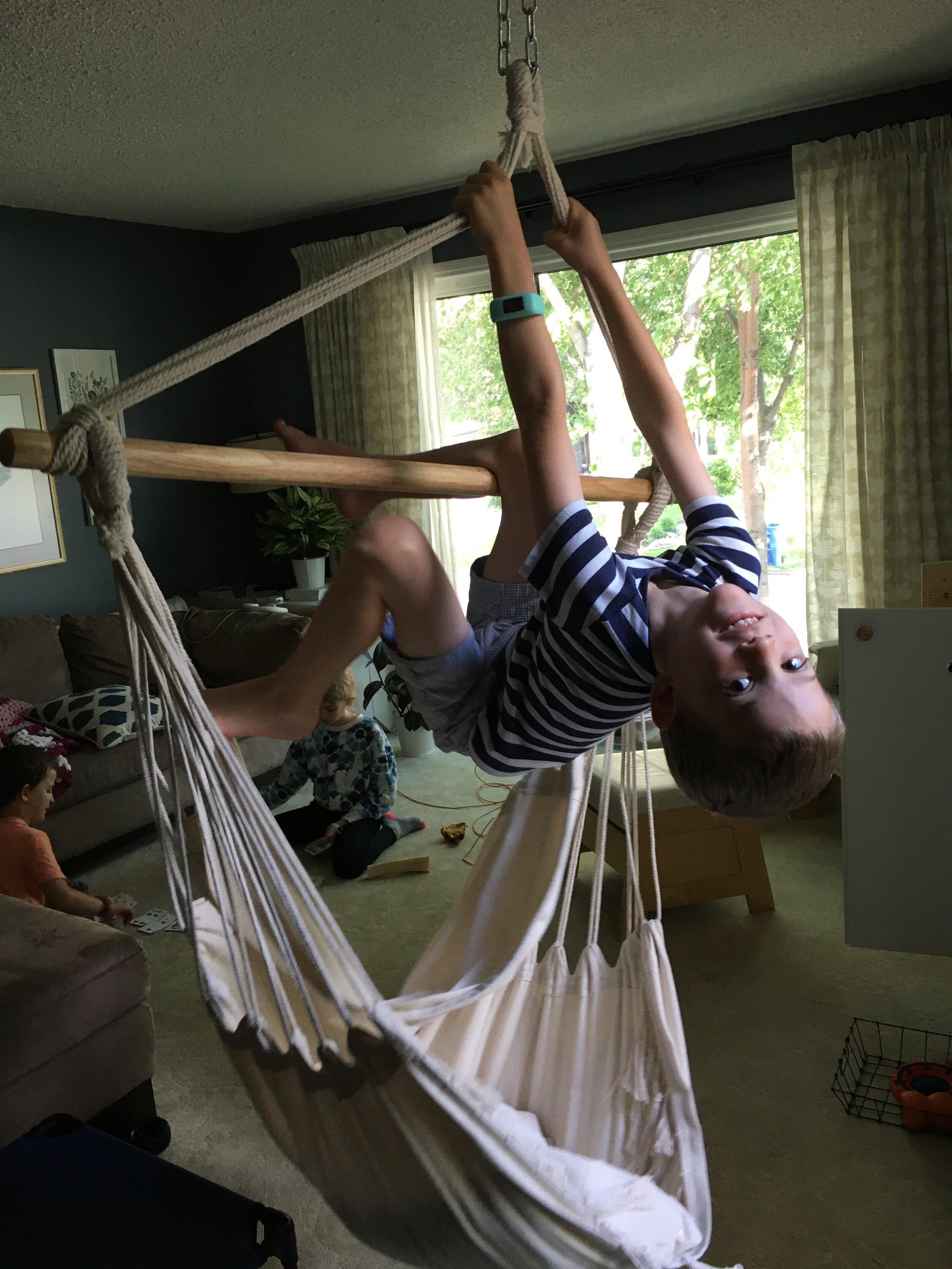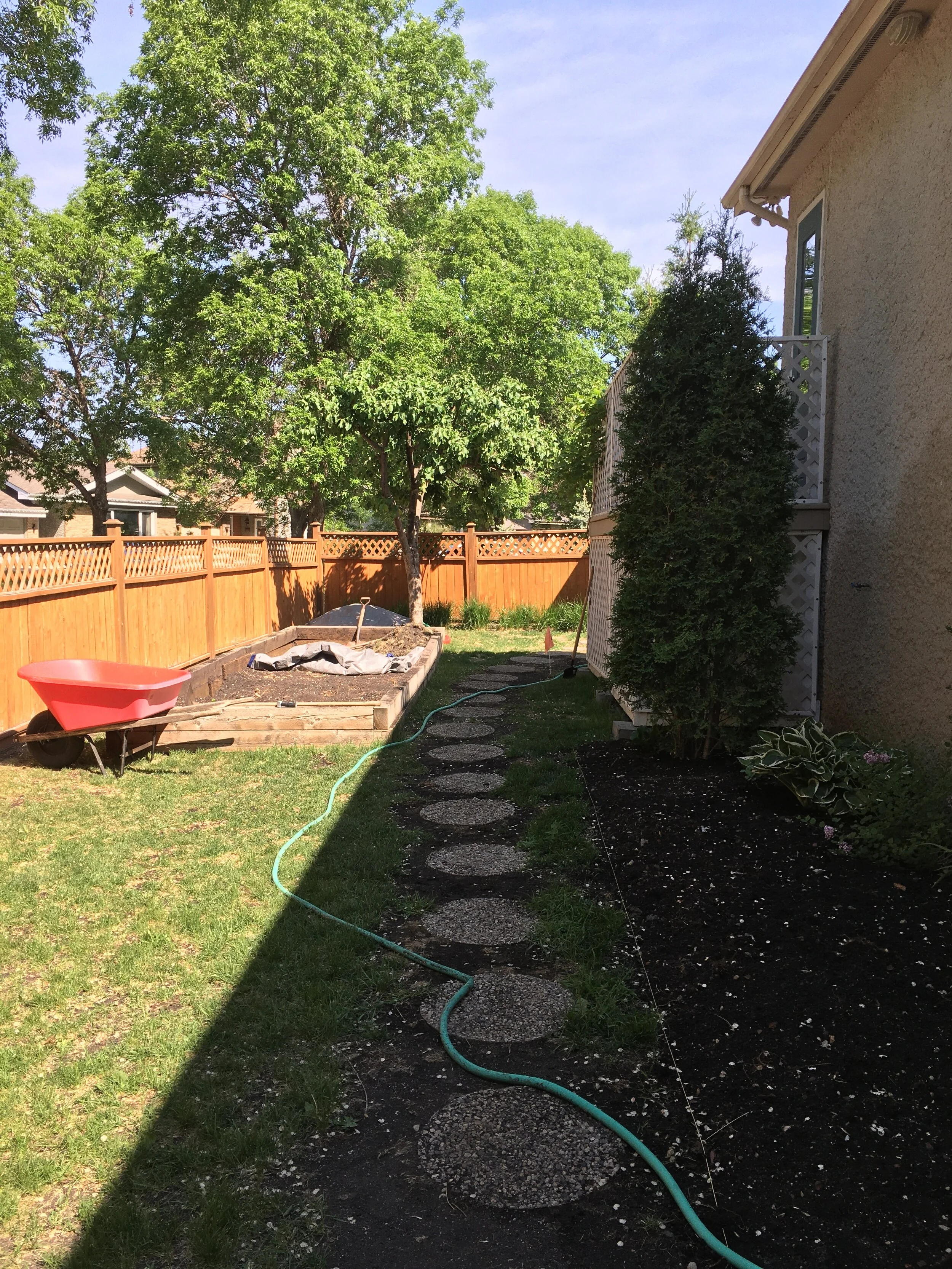How to start: I really liked this article about Italino Calvino in The Guardian. For Cosmicomics, Chris Powell writes: “each story uses scientific statements as launch pads for imaginative tours de force, exploring the domestic, the romantic and the existential via astronomy, geology and evolutionary biology.” He also perfectly describes the feeling I had while reading Cosmicomics: “to begin a new Calvino story is like embarking on a voyage to unknown lands; there is a joy to the sense of expectation he inspires.”
Favourite quotes: (The Origin of the Birds) In the strip that follows, you see the wisest of us all, old U(h), who moves from the group of the others and says: “Don’t look at him! He’s a mistake!” and he holds out his hands as if he wanted to cover the eyes of those present. “Now I’ll erase him!” he says, or thinks, and to depict this desire of his we could have him draw a diagonal line across the frame. The bird flaps his wings, eludes the diagonal, and flies to safety in the opposite corner. U(h) is happy because, with that diagonal line between them, he can’t see the bird any more. The bird pecks at the line, breaks it, and flies at old U(h). Old U(h) to erase him, tries to draw a couple of crossed lines over him. At the point where the two lines meet, the bird alights and lays an egg. Old U(h) pulls the lines from under him, the egg falls, the bird darts off. There is one frame all stained with egg yolk.
I like telling things in cartoon form, but I would have to alternate the action frames with idea frames, and explain for example this stubbornness of U(h)’s in not wanting to admit the existence of the bird. So imagine one of those little frames all filled with writing, which are used to bring you up to date on what went before: After the failure of the Pterosauria, for millions and millions of years all trace of animals with wings had been lost. (“Except for Insects”, a footnote would clarify.)
(…)
There’s no use my telling you in detail the cunning I used to succeed in returning to the continent of the Birds. In the strips it would be told with one of those tricks that work well only in drawings. (The frame is empty. I arrive. I spread paste on the upper hand right-hand corner. A bird enters, flying, from the left, at the top. As he leaves the frame, his tail becomes stuck. He keeps flying and pulls after him the whole frame stuck to his tail, with me sitting at the bottom, allowing myself to be carried along. Thus I arrive at the Land of the Birds. If you don’t like this story you can think up another one: the important thing is to have me arrive there.)
(I.Mitosis) Now I know all of you will raise a flock of objections because being in love presupposes not only self-awareness but also awareness of the other, et cetera, et cetera, and all I can answer is thanks a lot I know that much myself but if you aren’t going to be patient there’s no use in my trying to explain, and above all you have to forget for a minute the way you fall in love nowadays, the way I do too now, if you’ll permit me confidences of this sort. I say confidences because I know if I told you about my falling in love at present you could accuse me of being indiscreet, whereas I can talk without any scruples about the time when I was a unicellular organism, that is I can talk about it objectively as the saying goes, because it’s all water under the bridge now, and it’s a feat on my part even to remember it, and yet what I do remember is still enough to disturb me from head to foot, so when I use the word “objectively” it’s a figure of speech, as it always is when you start out saying you’re objective and then what with one thing and another you end up being subjective, and so this business I want to tell you about is difficult for me precisely because it keeps slipping into the subjective, in my subjective state of those days, which though I recall it only partially still disturbs me from head to foot like my subjective of the present, and that’s why I’ve used expressions that have the disadvantage of creating confusion with what is different nowadays while they have the advantage of bringing to light what is common between the two times.
(…)
Let’s begin this way, then: there is a cell, and this cell is a unicellular organism, and this unicellular organism is me, and I know it, and I’m pleased about it. Nothing special so far. Now let’s try to represent this situation for ourselves in space and time. Time passes, and I, more and more pleased with being in it and with being me, am also more and more pleased that there is time, and that I am in time, or rather that time passes and I pass time and time passes me, or rather I am pleased to be contained in time, to be the content of time, or the container, in short, to mark by being me the passing of time. Now you must admit this begins to arouse a sense of expectation, a happy and hopeful waiting, a happy youthful impatience and also an anxiety, a youthful excited anxiety also basically painful, a painful unbearable tension and impatience. In addition you must keep in mind that existing also means being in space, and in fact I was dished out into space to my full width, with space all around, and even though I had no knowledge it obviously continued on on all sides. There’s no point in bothering now about what else this space contained, I was closed in myself and I minded my own business, and I didn’T even have a nose so I couldn’t stick my nose out, or an eye to take an interest in outside, in what was and what wasn’t; however, I had the sense of occupying space within space, of wallowing in it, of growing with my protoplasm in various directions, but as I said, I don’t want to insist on this quantitative and material aspect, I want to talk above all about the satisfaction and the burning desire to do something with space, to have time to extract enjoyment from space, to have space to make something in the passing of time.
Tangential: There are hundreds of articles with tips on how to appreciate literature, and not one, in my very quick search, that describes how reading can fall into two categories: the kind that whisks you along on in a story, and the kind that says, here, let me expand your senses. It’s like eating to satisfy hunger or eating to enjoy taste. Not that one excludes the other, but rather, that sometimes, when reading, you can feel that one takes priority over the other. Who knows… my theory is probably too simplistic. If you’d like some good advice, I’d recommend the second point on Iphigene’s “How to Appreciate/Read a Classic”, namely, “immerse yourself”.















